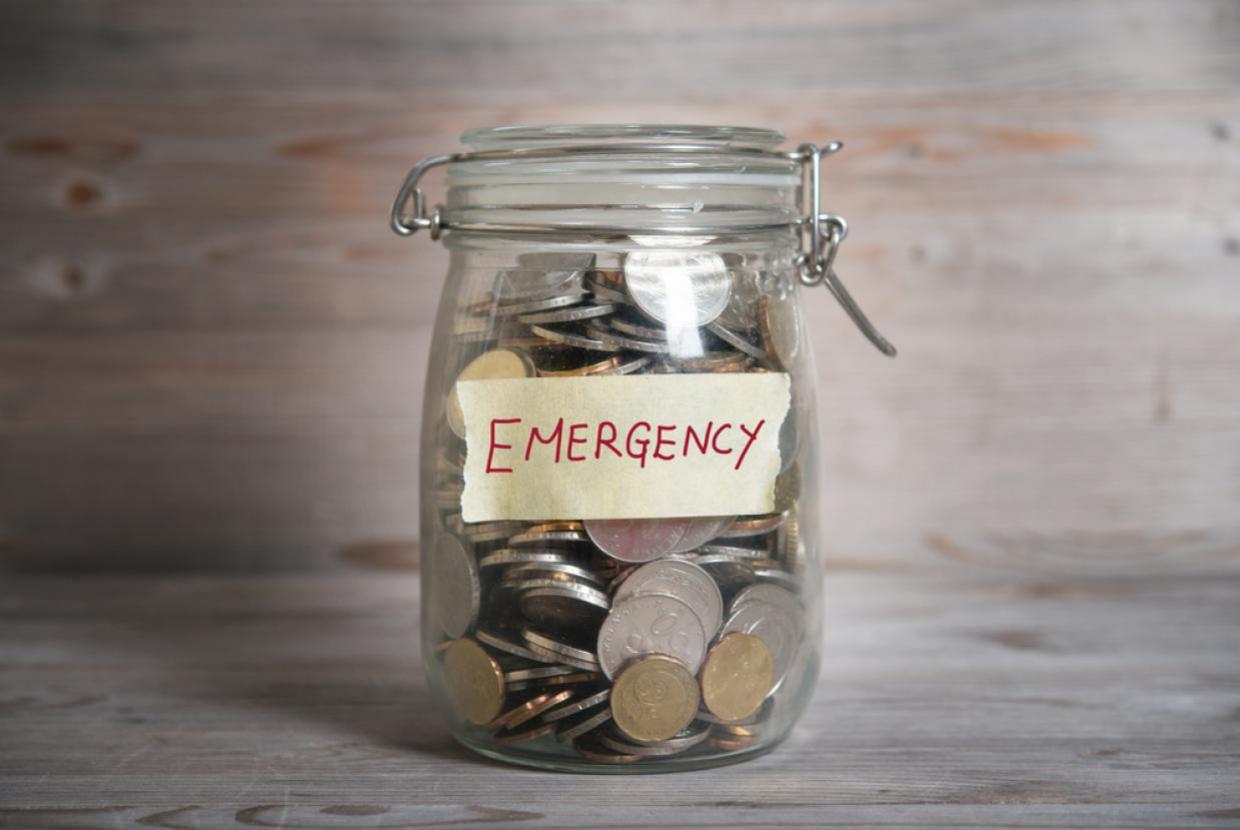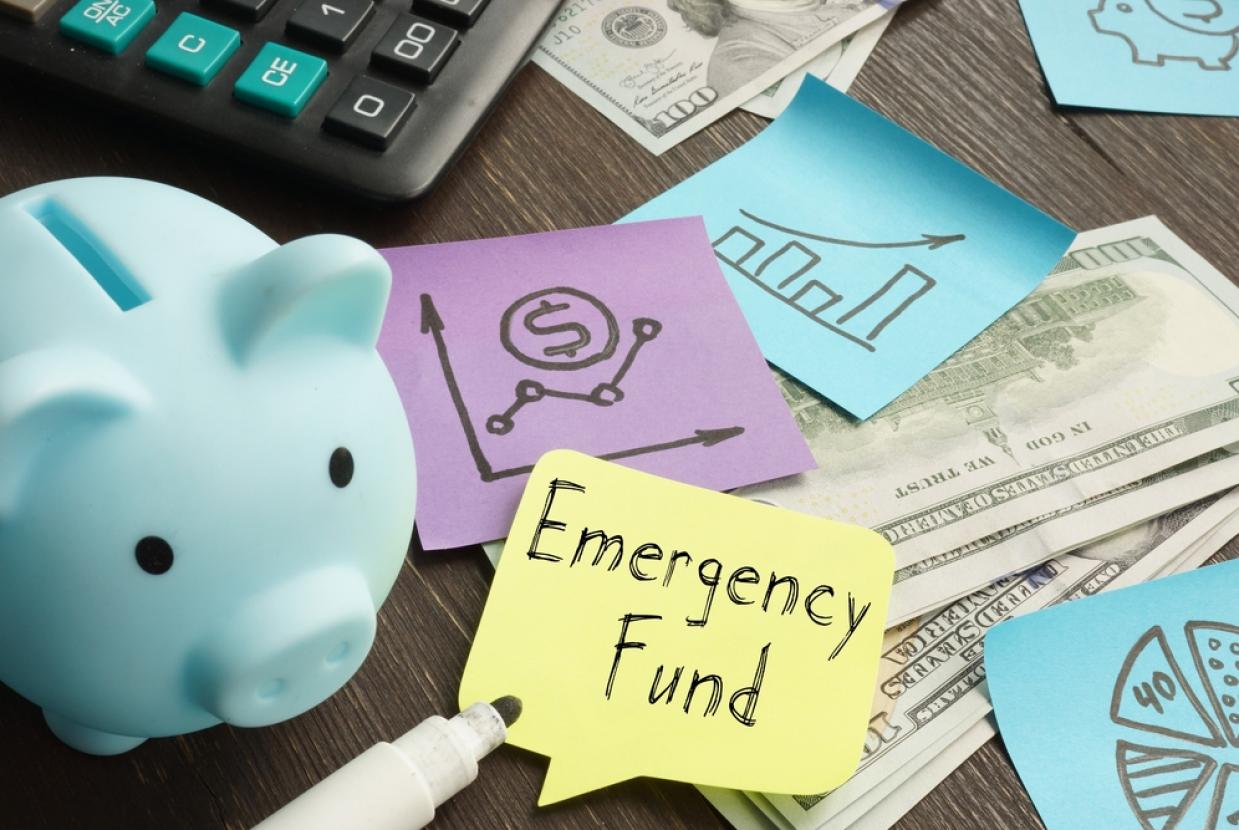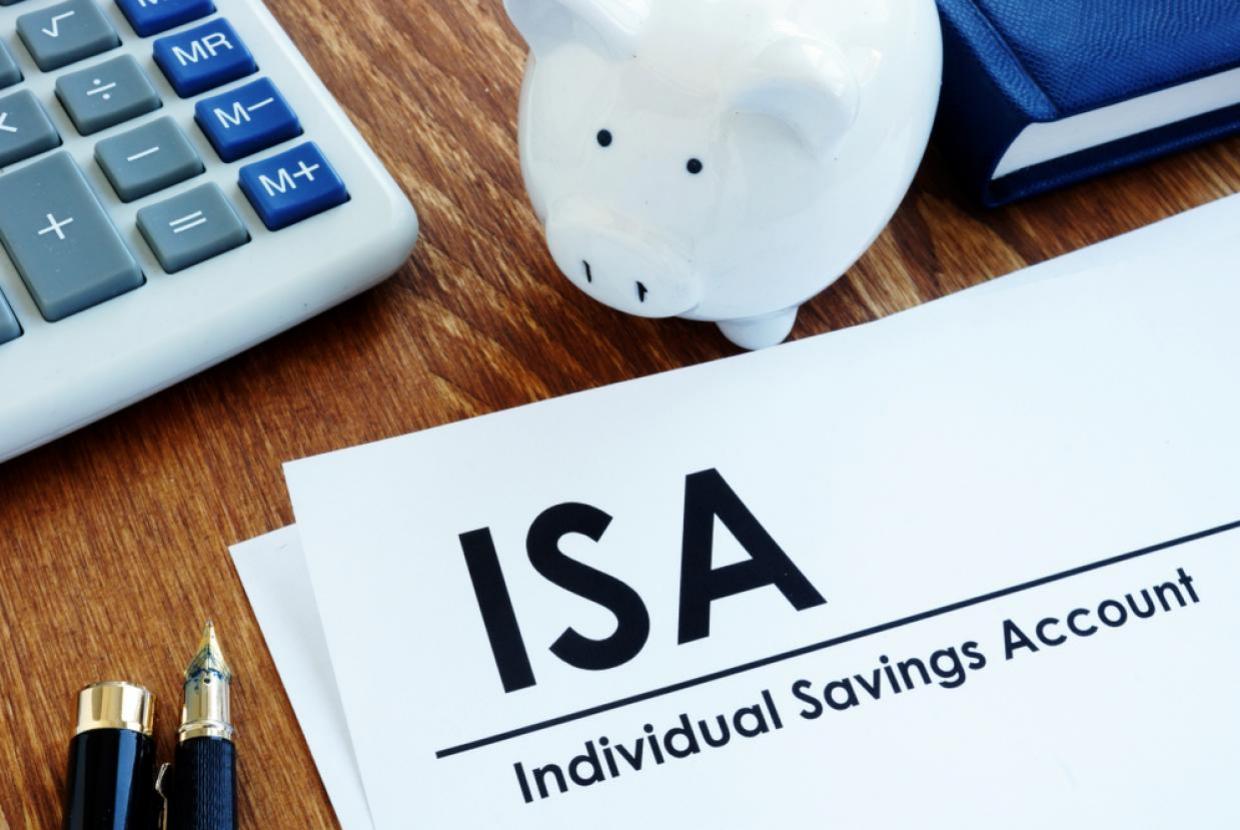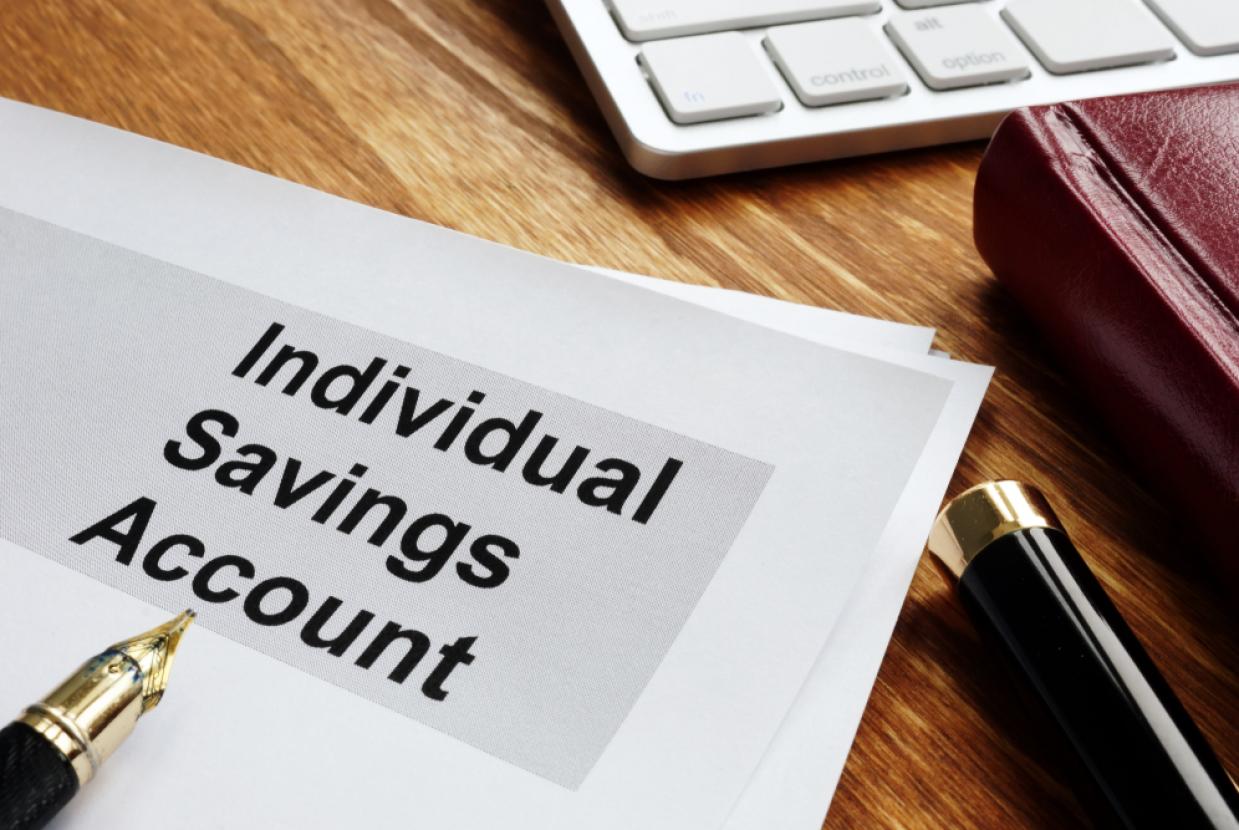8 Ways To Start Saving Successfully
SavingsEver faced a financial emergency like the boiler breaking down but not had the funds at hand to get it started? Or have you wanted to save for something big but struggled to get going?
Help is at hand. Here are eight ways on how to start saving and get into the savings habit:
1. Pay off your debts first
You are unlikely to earn more interest on your savings than you pay on your borrowings, so aim to pay off expensive debts like credit cards, store cards and overdrafts before you start to save.
2. Start small
Even tiny amounts add up if you can save regularly. For example, saving just £3 a day adds up to £1,095 over a year.
3. Separate your savings
If you leave the money in your purse or bank account, it is much more likely to get spent. It helps to keep your savings separate. Find out how to save money using the jam jar approach.
4. Earn interest on your money
Open an account with your bank or building society and earn interest on your savings.
If you are setting up an emergency fund, look for accounts where you can get access to your money when needed, rather than tying it up for a long time. If you have a savings goal with a longer deadline you could go for a top-paying fixed-rate account.
Don’t ignore current accounts. Some are paying higher rates of interest right now, provided you follow all the terms and conditions.
If you do use a current account for your savings, consider running a second current account for your bills and expenses so the money doesn’t get mixed up.
5. Build a savings cushion
As a rule of thumb, it’s helpful to set aside an emergency fund with enough money to cover your essential outgoings for three months. So if you spend £1,000 a month on bills like your rent or mortgage, council tax, utility bills, food and so on, you will need to save up £3,000.
6. Set up a standing order
A standing order is an instruction to your bank to pay money from one account to another at regular intervals. If you set up a standing order to pay money into your savings account each month, your fund will soon start to grow.
7. Pay in after pay day
If you set aside savings straight after you are paid, you are less likely to miss the money. Wait until the end of the month and the cash is much more likely to disappear in every day expenses.
8. Set a savings goal
Write down what you are saving for and how much you need to save each month to reach your target. Then set a date when you aim to have saved enough!



































